Nationwide completes Virgin Money takeover - what does it mean for customers?
Nationwide's acquisition of Virgin Money affects one in three people in the UK. What does it mean for branches and products?


Get the latest financial news, insights and expert analysis from our award-winning MoneyWeek team, to help you understand what really matters when it comes to your finances.
You are now subscribed
Your newsletter sign-up was successful
Want to add more newsletters?

Twice daily
MoneyWeek
Get the latest financial news, insights and expert analysis from our award-winning MoneyWeek team, to help you understand what really matters when it comes to your finances.

Four times a week
Look After My Bills
Sign up to our free money-saving newsletter, filled with the latest news and expert advice to help you find the best tips and deals for managing your bills. Start saving today!
Nationwide has completed its takeover of Virgin Money, creating the UK's second-largest mortgage and savings group, and affecting one in three people.
The £2.9 billion deal, announced back in March, will see the two brands initially run as separate entities, with the Virgin Money brand phased out over six years.
It marks the biggest UK bank takeover since the 2008 financial crisis - and also a rare one, given this is a building society acquiring a listed bank.
MoneyWeek
Subscribe to MoneyWeek today and get your first six magazine issues absolutely FREE

Sign up to Money Morning
Don't miss the latest investment and personal finances news, market analysis, plus money-saving tips with our free twice-daily newsletter
Don't miss the latest investment and personal finances news, market analysis, plus money-saving tips with our free twice-daily newsletter
In an email to customers last week, Nationwide said: "Nationwide is still a mutual and owned by our members. All of the profits generated by Virgin Money will be retained for the benefit of customers and, for the first time in the UK, a full-service business bank will be part of a large mutual."
Nationwide is known for giving its profits back to its members - like the £100 payment it has made two years in a row - while Virgin Money is known for its investment service and reward points scheme.
They have both launched competitive deals in recent months, such as Nationwide's £175 switching offer, and Virgin's 10% interest current account.
We look at the acquisition in more detail. What does it mean for branches, and also access to the Financial Compensation Services Scheme (FSCS)?
What does the takeover mean for customers?
There are no immediate changes for customers of either bank. However, the Virgin Money brand will eventually be phased out.
The brand will be retained for the “medium term”, but will disappear after six years, by which point it will have been rebranded by Nationwide.
The building society has pledged to not make any material changes to Virgin Money's 7,300-strong workforce "in the near term".
In time, there could be changes to products, such as current accounts, savings accounts and cash ISAs. The future of Virgin Money’s investment service, launched last year, is also unclear.
What does it mean for Nationwide and Virgin Money branches?
The acquisition has created a banking group with 696 branches, second only to Lloyds Banking Group.
Customers will understandably be worried about branches closing, given the hundreds of branches that banks like Barclays, HSBC and NatWest have shut over the past few years. Last month, Lloyds Banking Group said it would close another 55 branches next year.
However, Nationwide chairman Kevin Parry said last week: "I can also confirm that Virgin Money branches are now included in our Branch Promise. This means that everywhere there is a Nationwide or Virgin Money branch, we promise to still be there until at least the start of 2028."
I'm a Nationwide customer - can I do my banking in a Virgin Money branch?
Nationwide customers won't be able to use Virgin Money branches for Nationwide transactions, although the building society said that "over time we expect to broaden the range of services we offer".
Parry said in an email to Nationwide customers: "You will benefit from the Virgin Money expertise in personal lending and credit cards, as well as business banking and accounts for clubs and societies."
How does the takeover affect the FSCS protection?
Customers who have savings with both Nationwide and Virgin Money will continue to benefit from the maximum protection offered by the Financial Services Compensation Scheme (FSCS) on each of their Nationwide and Virgin Money accounts.
The FSCS compensates customers up to £85,000 if the bank or building society they're using goes bust.
The assurance from Nationwide means that if, say, you have £70,000 with Nationwide and £80,000 in a Virgin Money account, and Nationwide went bust, you would receive all your money back, rather than having the total payout capped at £85,000.
Why did Nationwide buy Virgin Money?
Virgin Money struggled last year, with shares trading below levels seen in 2021, and a slump in full-year profit reported in November resulting in a series of downgrades from analysts.
In contrast, Nationwide has enjoyed an earnings boost on the back of stronger net interest margins thanks to higher interest rates.
In a joint statement to the London Stock Exchange in March, Nationwide said the takeover would “deepen its products and services faster than could be achieved organically”.
Virgin Money was Britain’s sixth-largest retail bank by total assets with 6.6 million customers. The acquisition will bolster Nationwide’s mortgage, savings, current account and credit card divisions, as well as broaden its business banking offering.
What’s the difference between a building society and a bank?
The main difference between a bank and a building society is that building societies are owned and run by their members – in other words, the people who bank, save and borrow with them.
A listed bank is floated on the stock market, so is owned by its shareholders.
Building societies sometimes offer better interest rates than banks. On the other hand, banks may be more digitally-focused and have a larger product range.
The stock market statement back in March acknowledged that Virgin Money had an ambition of becoming the UK's best digital bank.
If you’re a Nationwide customer and wondering if the Fairer Share scheme will continue, which saw eligible members receive a £100 bonus last year, chairman Kevin Parry said the deal would “put us in a stronger position to continue to provide Fairer Share Payments to eligible Nationwide members, and offer rates for mortgages and savings that are, on average, better than the market average."
Get the latest financial news, insights and expert analysis from our award-winning MoneyWeek team, to help you understand what really matters when it comes to your finances.

Ruth is an award-winning financial journalist with more than 15 years' experience of working on national newspapers, websites and specialist magazines.
She is passionate about helping people feel more confident about their finances. She was previously editor of Times Money Mentor, and prior to that was deputy Money editor at The Sunday Times.
A multi-award winning journalist, Ruth started her career on a pensions magazine at the FT Group, and has also worked at Money Observer and Money Advice Service.
Outside of work, she is a mum to two young children, while also serving as a magistrate and an NHS volunteer.
-
 Should you buy an active ETF?
Should you buy an active ETF?ETFs are often mischaracterised as passive products, but they can be a convenient way to add active management to your portfolio
-
 Power up your pension before 5 April – easy ways to save before the tax year end
Power up your pension before 5 April – easy ways to save before the tax year endWith the end of the tax year looming, pension savers currently have a window to review and maximise what’s going into their retirement funds – we look at how
-
 Nationwide promises to protect all its branches from closures until at least 2030
Nationwide promises to protect all its branches from closures until at least 2030The building society has extended its pledge to keep all high street Nationwide and Virgin Money branches open, now until at least 2030.
-
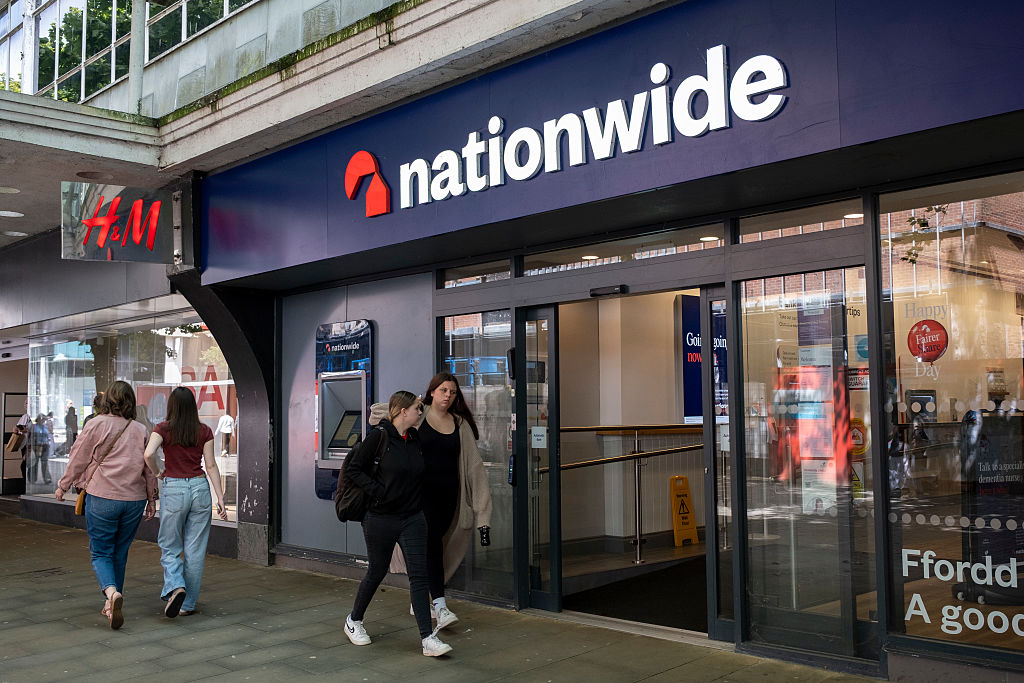 Nationwide Building Society launches £175 switching deal – who is eligible?
Nationwide Building Society launches £175 switching deal – who is eligible?Nationwide Building Society has launched a new current account switching deal. We look at whether you are eligible, and how to get the free cash.
-
 Green mortgages: how do they work and how much can you save?
Green mortgages: how do they work and how much can you save?Most high-street lenders now offer some kind of green mortgage deal. We look at who’s eligible, how to apply and the mortgage rates and cashback on offer
-
 Thousands of Brits switch to Nationwide, Monzo and NatWest – which banks are least popular?
Thousands of Brits switch to Nationwide, Monzo and NatWest – which banks are least popular?We look at the most and least popular banks and building societies as current account bank switches reach a record high. Is it worth moving your money?
-
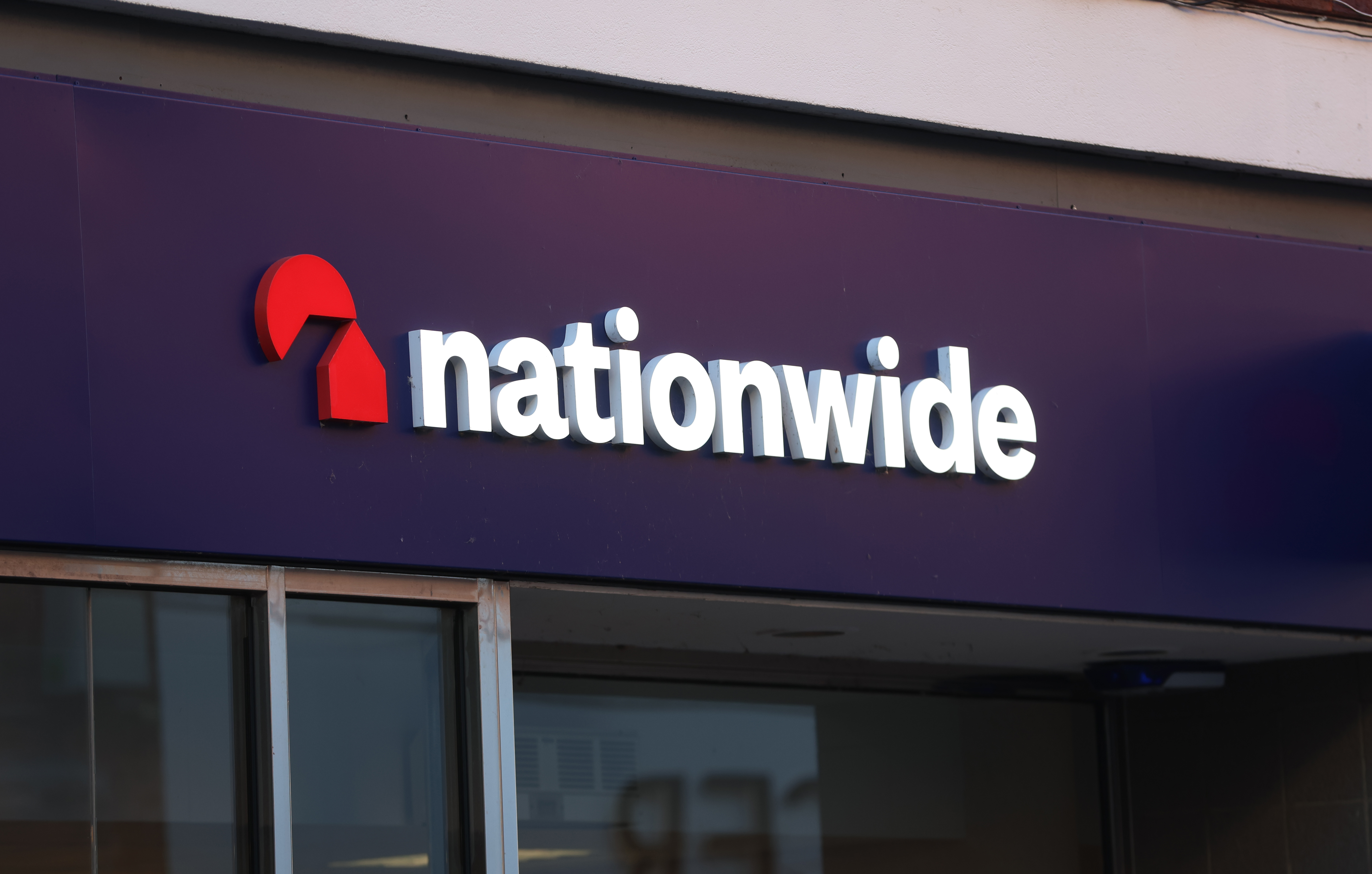 Did you get the £100 Nationwide bonus? Here’s how to check
Did you get the £100 Nationwide bonus? Here’s how to checkNationwide finished paying its £100 Fairer Share bonus last week. We explain what to do if you didn’t get it but think you’re eligible
-
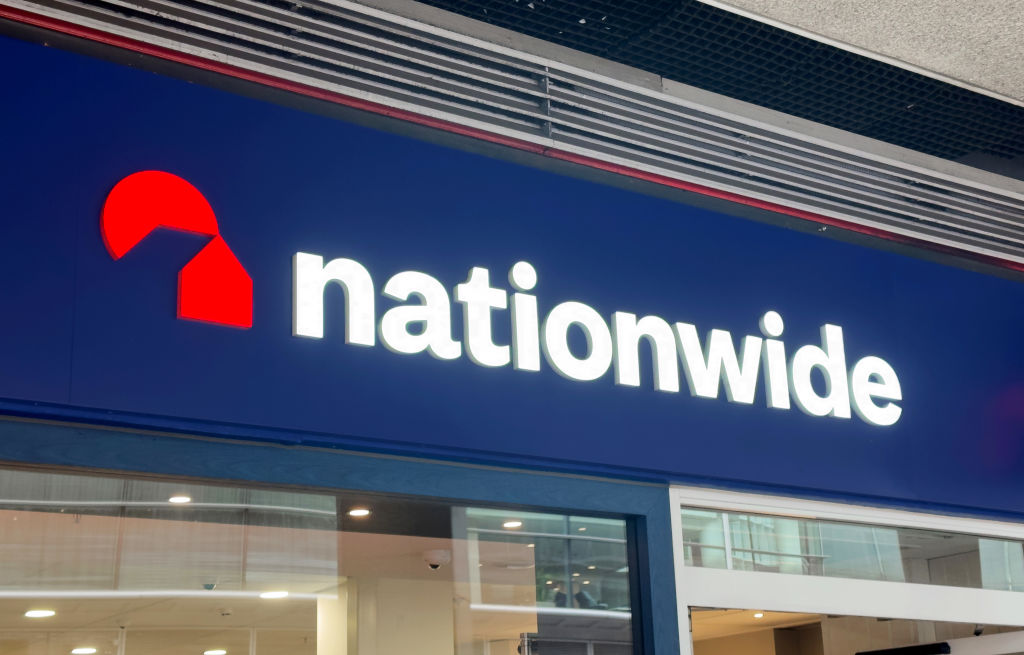 Nationwide to pull its £175 switching bonus - act now to get offer
Nationwide to pull its £175 switching bonus - act now to get offerThe building society is withdrawing its bank switching offer at the end of the month, after gaining thousands of customers last year. We explain how to qualify for the current account switching bonus
-
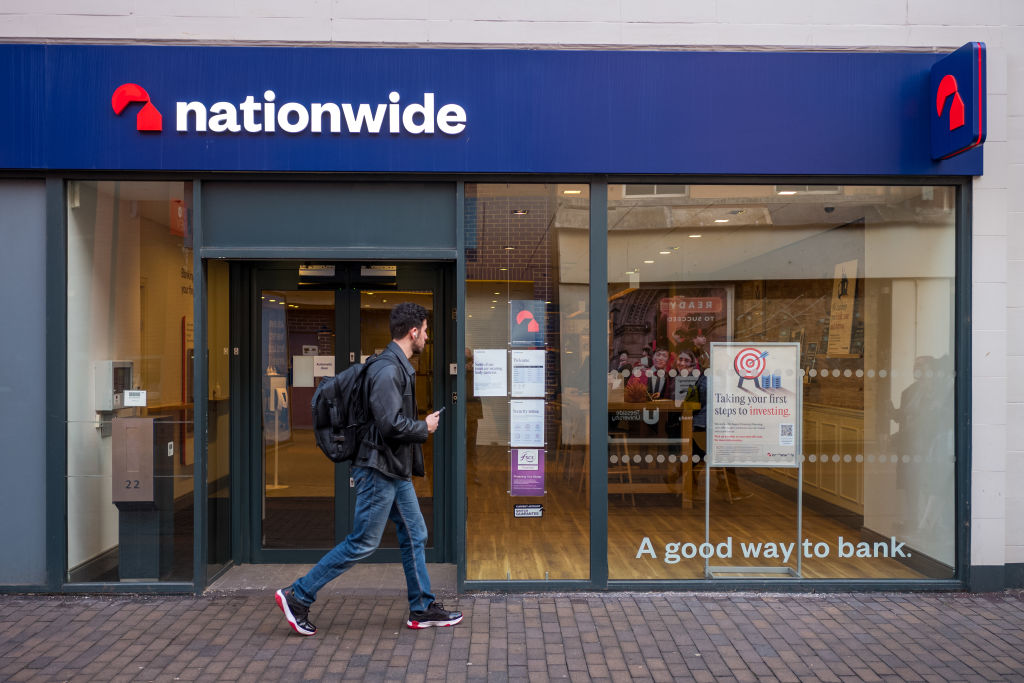 My 8% Nationwide regular saver has matured - what are my options?
My 8% Nationwide regular saver has matured - what are my options?Nationwide’s popular 8% account has matured for savers. Should you stick with the building society or move to a competitor?
-
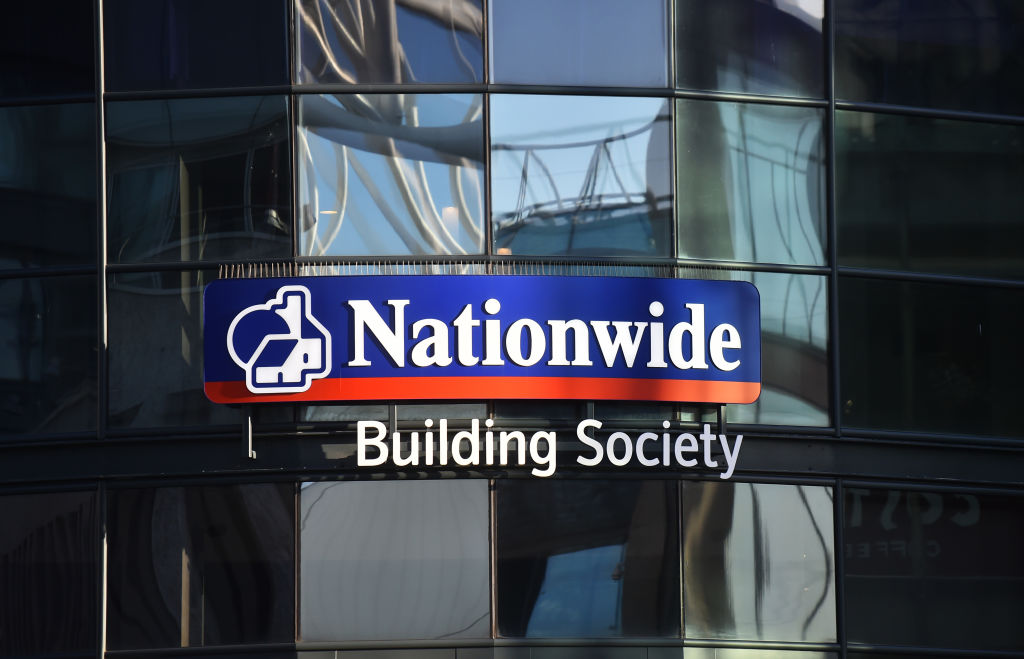 Nationwide launches £175 bank switch offer plus extra perks - how can you get the switching bonus?
Nationwide launches £175 bank switch offer plus extra perks - how can you get the switching bonus?News Nationwide’s new bank switch offer has come alongside a revamp of its Flex current account range, with a new cashback deal and an interest-free buffer on overdrafts. Here’s how to get the £175 switching bonus.